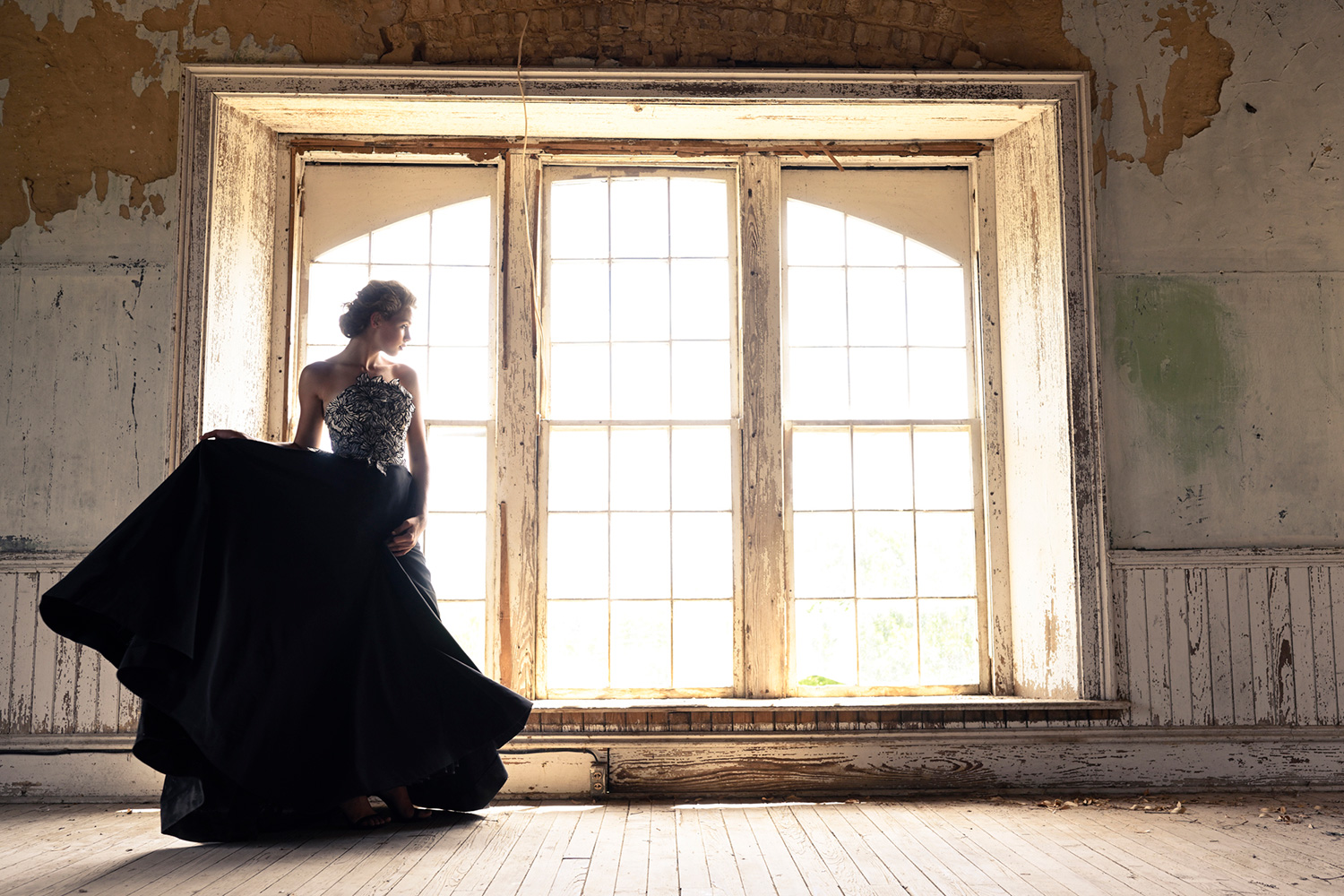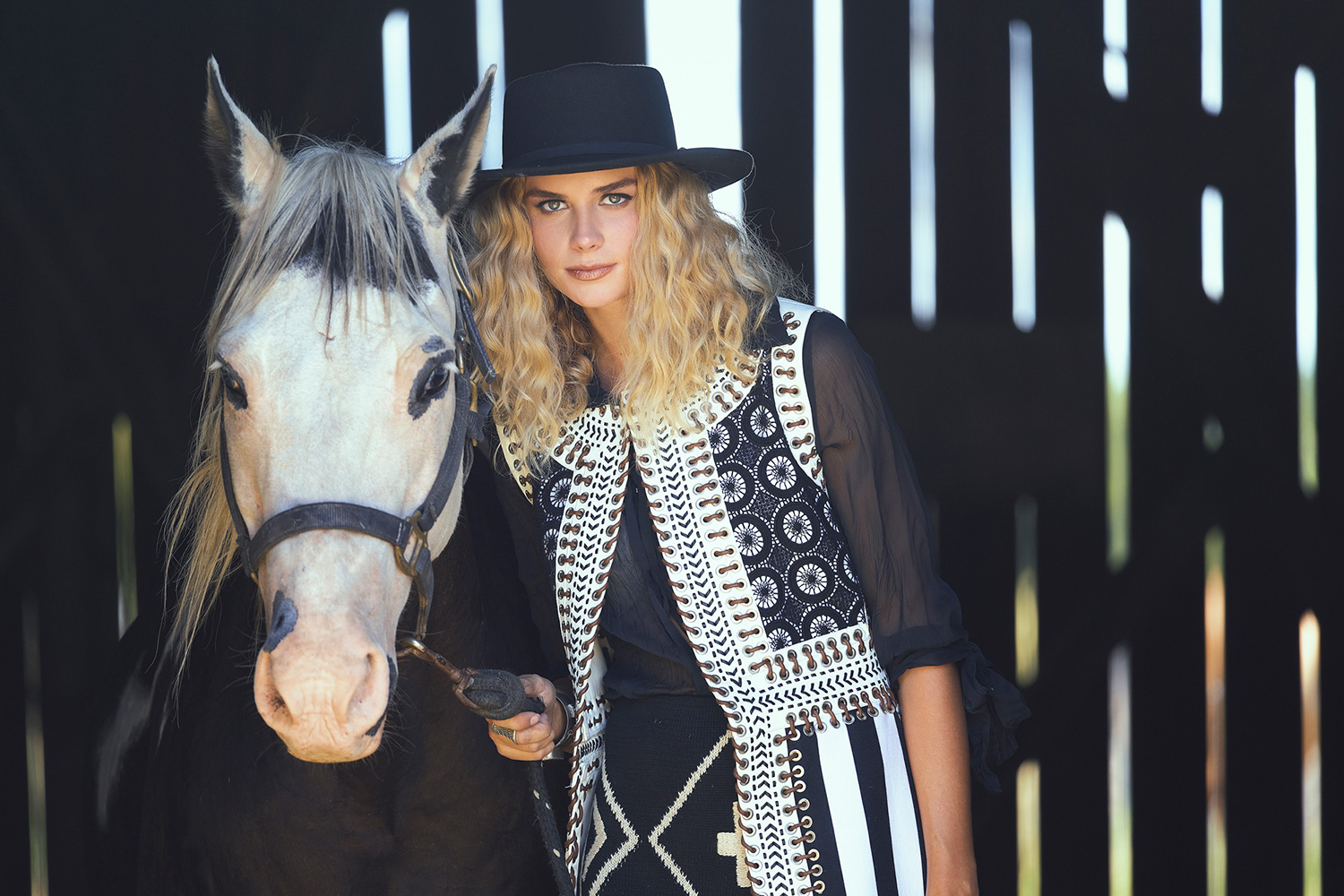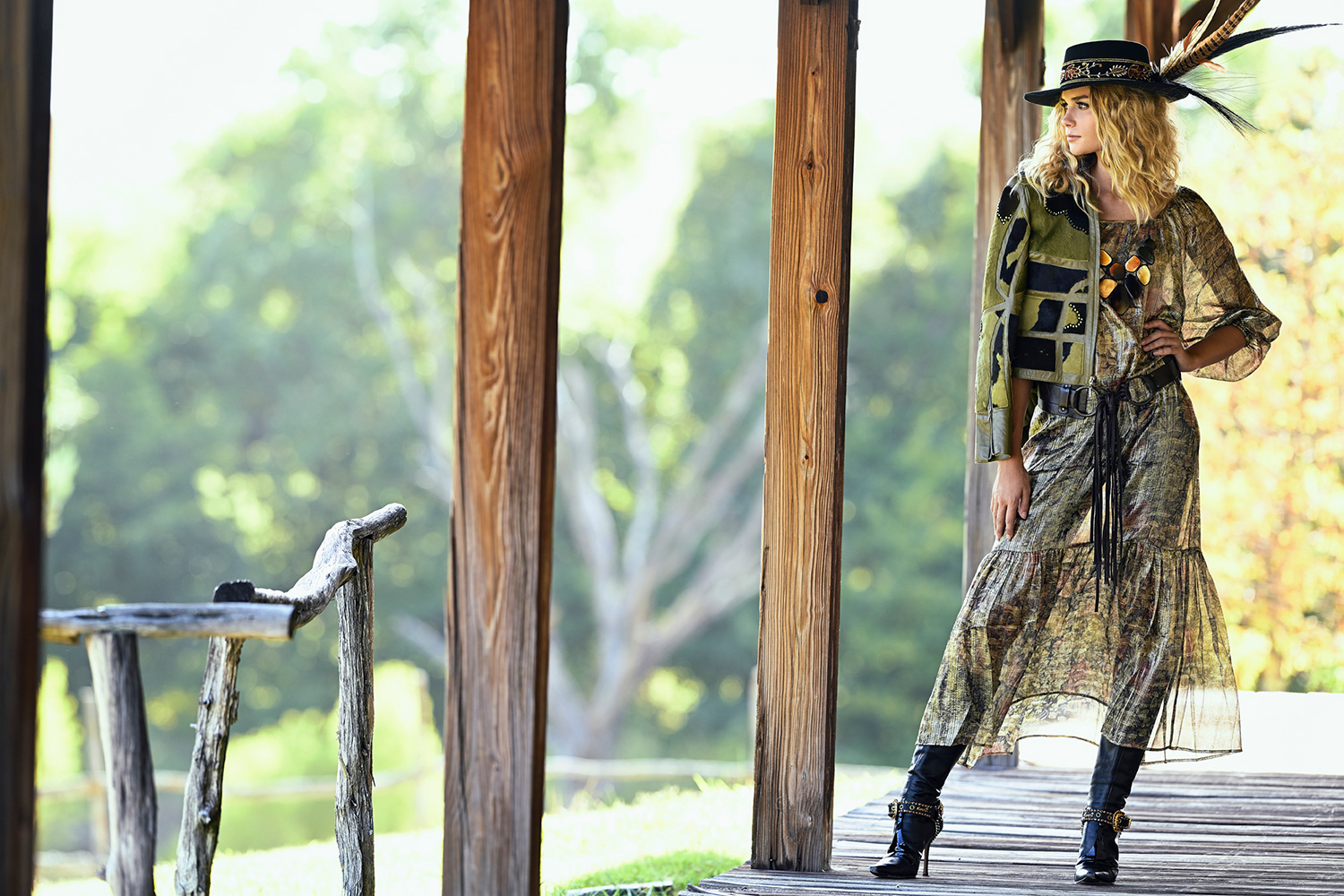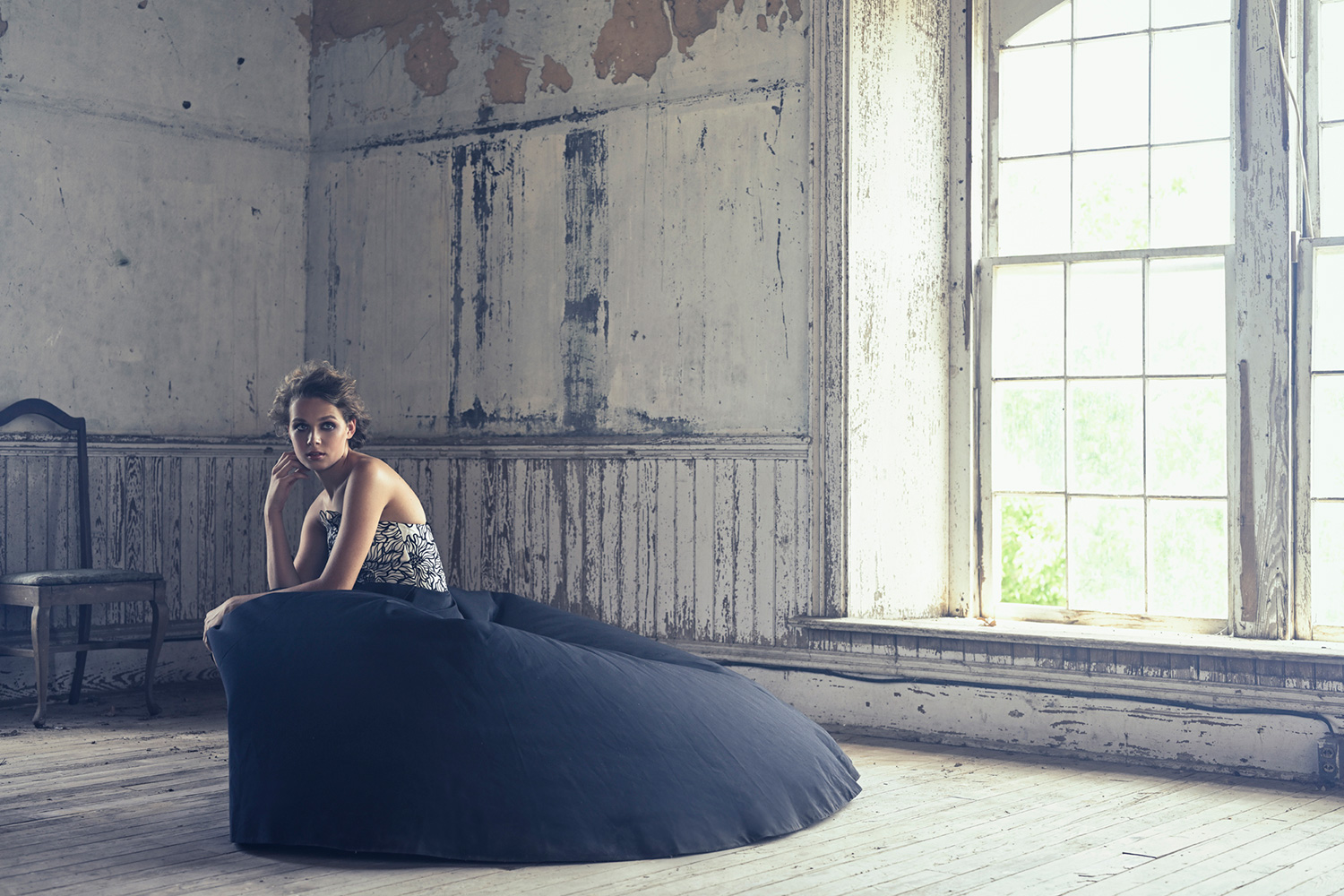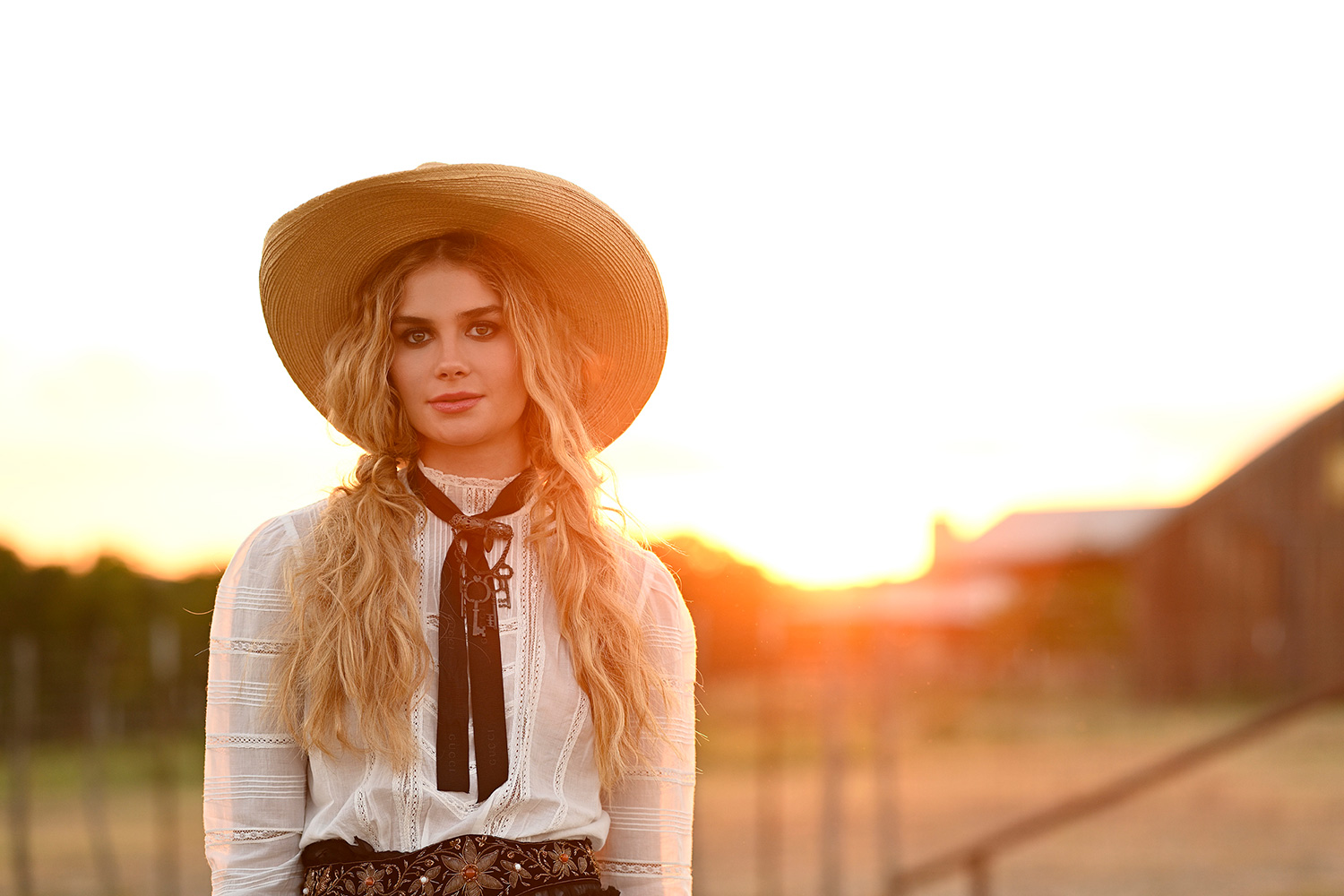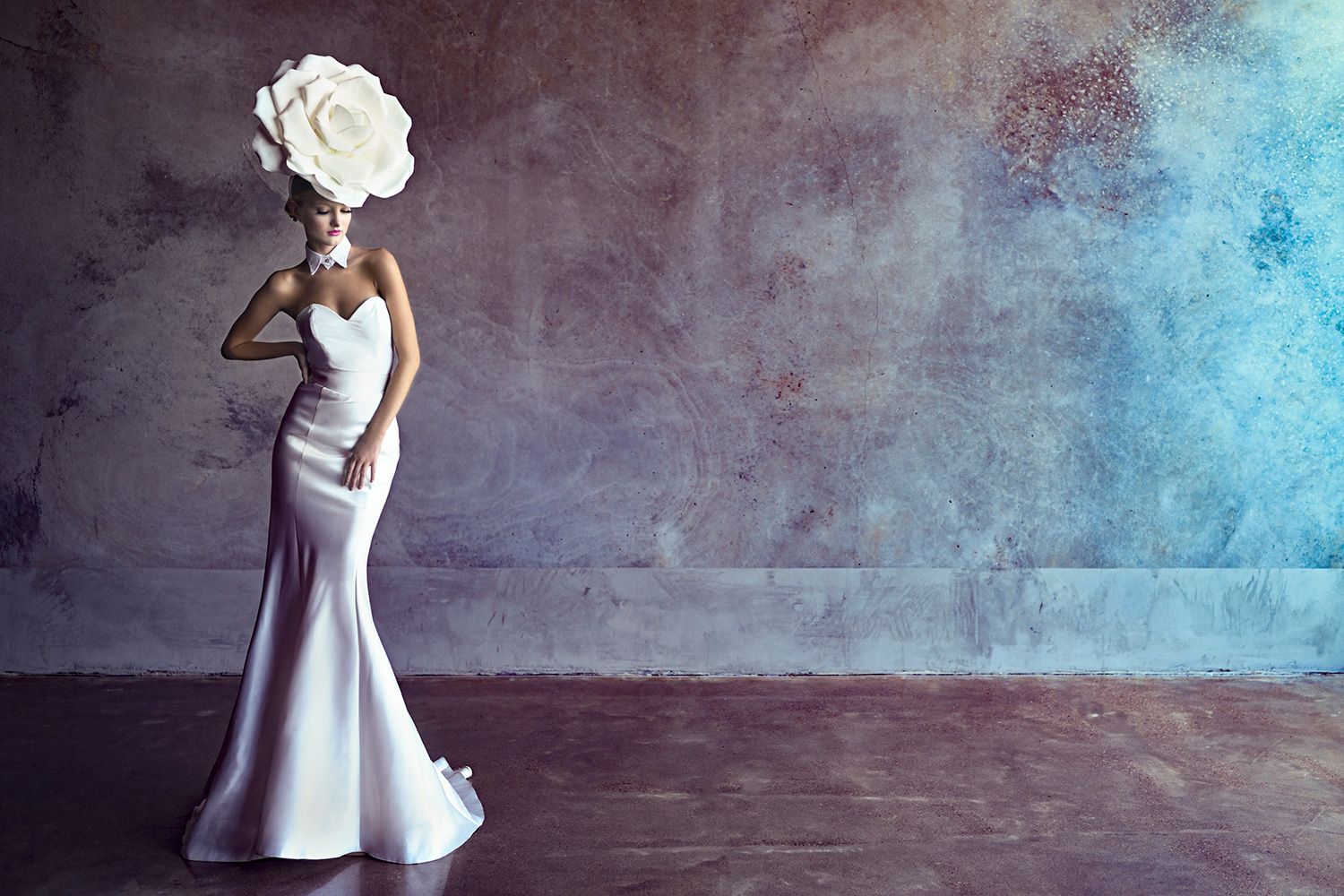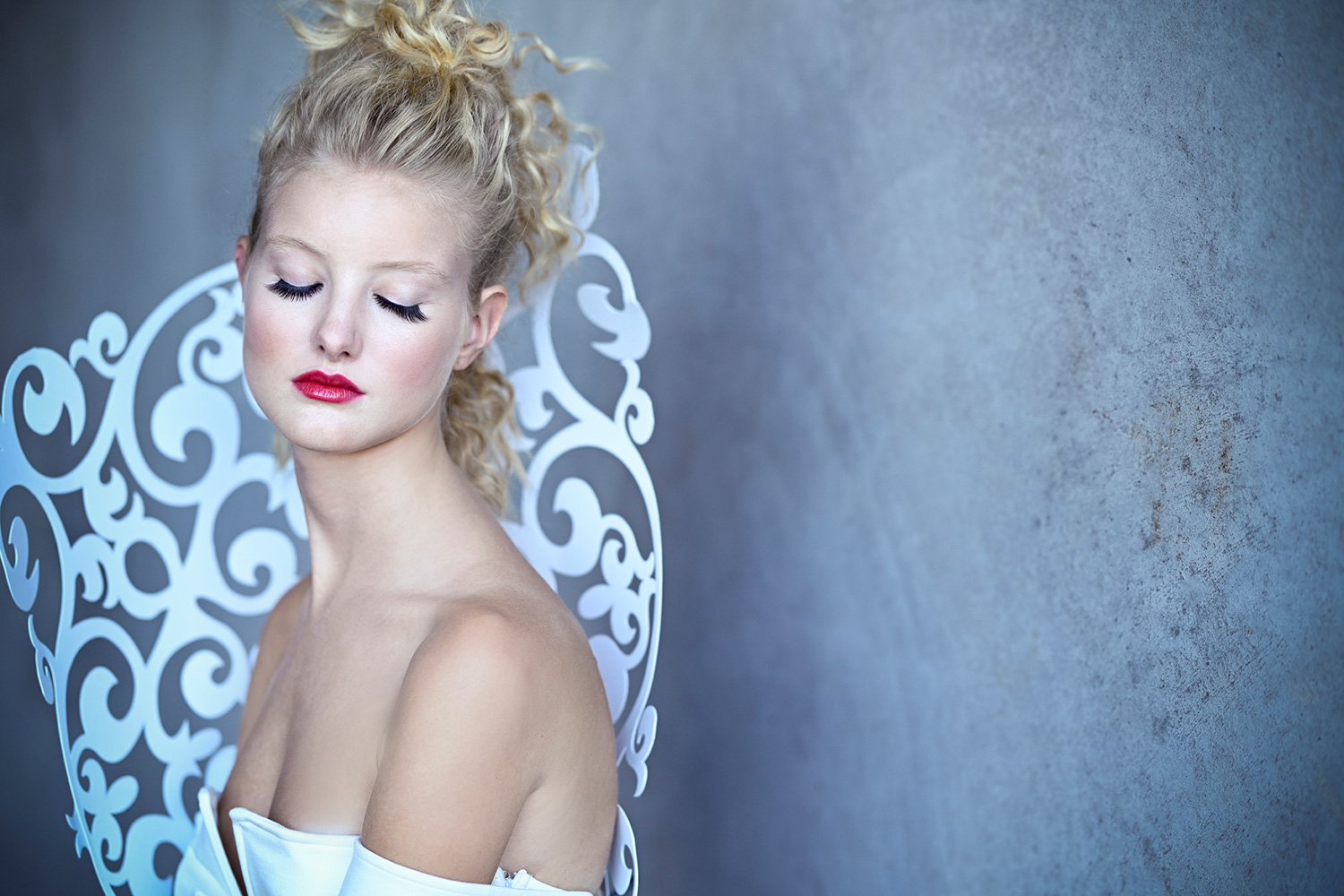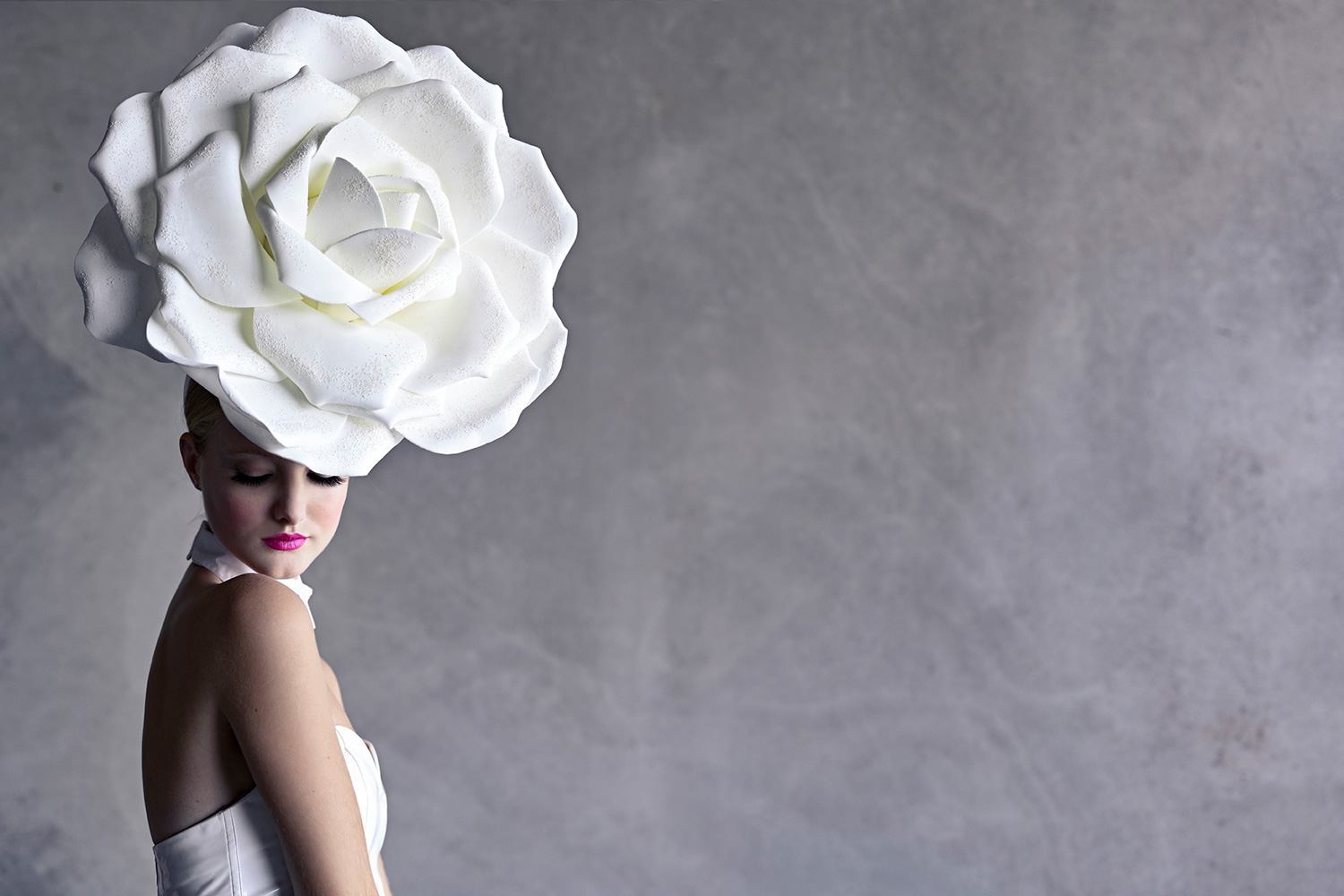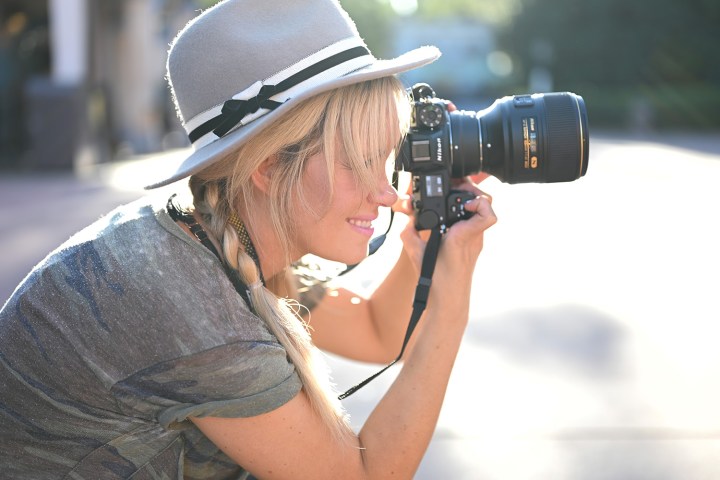
Dixie Dixon’s photography is often laced with romance and allure — but to get there, she started by shooting everything from Little League games to weddings. Now a highly lauded fashion and lifestyle photographer and Nikon ambassador, her images have graced the cover of magazines and major ad campaigns.
Meeting Dixon in person, it’s easy to see why the Texas-based photographer can capture that spark of romance and a playful look even on a commercial set. Her southern voice and easy-going personality are quick to put models at ease, while her creativity helps her orchestrate sets, wardrobe, and makeup from an idea.
Dixon (@iamdixiedixon) calls photography the “outward expression of inner significance” — and it’s an idea that’s apparent in her work. We sat down with the fashion photographer in Orlando, Florida, to talk tech, fashion, and photography. The following interview has been edited for clarity and length.
Digital Trends; How has camera technology changed since you started?
Dixie Dixon: I was one of the last classes in college to work with film. One of my first cameras was the Nikon F3 film camera. We were actually in the darkroom, developing film. I love that whole process of shooting manual and watching it come to life. I have a real appreciation for film. When we switched over to digital, it made everything so much faster. It allows us to share instantly which has been amazing too. I think they both have a really nice place in the industry.
How has mirrorless changed the industry?
Mirrorless has honestly saved my back a lot. The new Nikon Z is amazing and it’s incredible for video as well. I’m going to be doing a lot more video these days, and for that, mirrorless is perfect. I’m really excited to explore the video capabilities even more.
What are your thoughts on the DSLR versus mirrorless debate?
One of the things that I really love about the mirrorless is that it allows new photographers to learn a lot faster. In camera, you can instantly see your settings change. When I change the ISO, aperture or shutter speed, I can instantly see that in the viewfinder before I take a photo. I think that that capability is an amazing part of mirrorless[A] DSLR is a bit harder to learn because you can’t see that instantly in the viewfinder.
I’m going to be doing a lot more video these days, and for that, mirrorless is perfect.
I think both are really great tools. I love my D850, I love my new Z7, and they are kind of working hand-in-hand for what I do. I shoot the Z7 on location a lot and for video, and I’m still using my big DSLR in the studio.
How do you get started planning the set, wardrobe, and everything that goes into a fashion shoot?
For each production, everything depends on the client that we are shooting for. If they have a concept and vision for what they want, we have to follow that and find things that really fit that vision. If I’m shooting personal work, I’m really inspired by different movies and films and things like that. I can take that into my photography and start planning the wardrobe…It all comes together organically in the final images.
For photographers new to working with models, what advice would you give them?
I think my biggest advice for working with models is to not pose them. Posing tends to stifle, especially models that know how to move and pose for the camera seamlessly. When you start posing them it just makes them look stiff and not organic.
Honestly, just guide them and tell them your vision first and the feeling you want to evoke. I think that’s the best way to direct models and as they are moving, you can give them some different techniques like walking towards the camera and playing with their wardrobe. That kind of thing works better than just hardcore posing. I don’t pose at all when I shoot.
What advice would you give to new photographers?
Find a niche and shoot what you love. Honestly, these days, you can make a living doing anything. It’s the perfect age to really go after your passion. If you find something unique in a niche that you shoot over and over again, you’re going to really make a name for yourself. If you are shooting more general, it’s really hard to make it these days because people like to really associate you with a certain genre of photography. If you can find something that you are crazy passionate about and shoot it over and over again, a certain subject matter, a certain lighting, whatever it is that evolves into your style, showcase that on your website and those types of clients will be attracted to your work.
